
From X-ray film to digitized imaging and AI-powered decision support: The evolution of radiology over the past few decades is exemplary for the impact of advancing technology on healthcare. Progress has also been made regarding gender equity, with an increasing number of women entering once male-dominated fields. In this newsletter, we also explore promising innovations, such as novel biomarkers, 3D imaging techniques, genetic sequencing and chip-based organoid testing for different cancers. Enjoy reading!
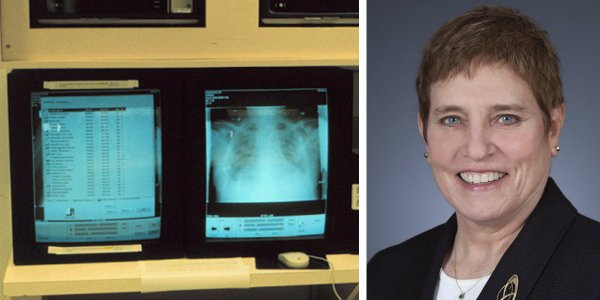
Article • Pioneering women in medical imaging informatics: Katherine P. Andriole
A journey from the cradle of digitization to the dawn of AI in radiology
Medical imaging has come a long way in the past four decades: Advances have been made in the digitization of images, but also towards more gender equality in a once male-dominated field. We talked with Katherine P. Andriole, Ph.D., a leading expert ...
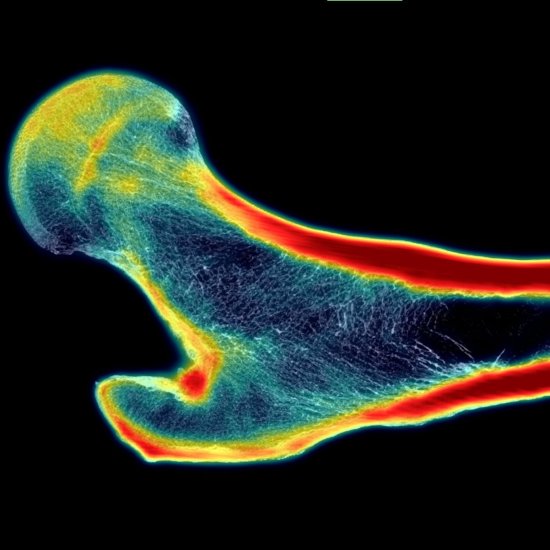 |
News • AI-assisted microstructure assessmentSuper-resolution imaging helps predict bone fracture riskA new AI tool creates super-resolution images showing the inner structures of bones in great detail. This can be used to better determine risk for fracture in elderly patients with osteoporosis. |
Advertisement |
 |
News • Hyper-elevated RNAPII detectionNew biomarker predicts aggressiveness of brain, breast cancerUsing a new technology and computational method, researchers have uncovered a biomarker capable of accurately predicting the aggressiveness of meningioma brain tumors and breast cancers. |
 |
News • Age-related cellular and molecular changesHow aging breast tissue shapes breast cancer riskResearchers have created a landmark atlas of how healthy breast tissue ages, revealing key cellular, molecular, and genetic changes that may tip the balance toward breast cancer development. |
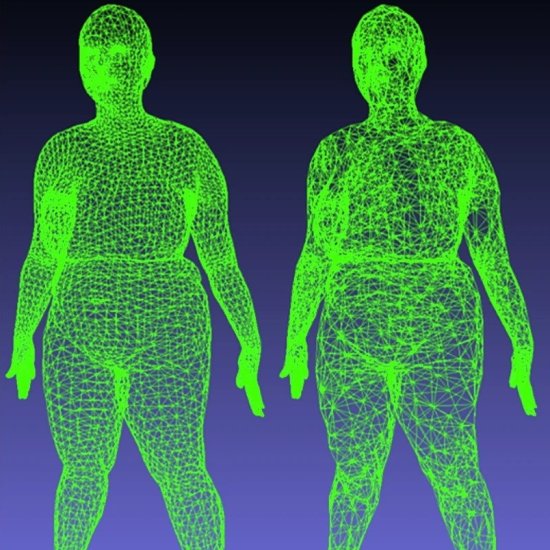 |
News • Deep learning-based approach3D body composition analysis for assessing health risksUsing 3D imaging and deep learning AI, researchers have developed a new way to accurately assess body fat and muscle distribution, which are crucial for understanding health risks. |
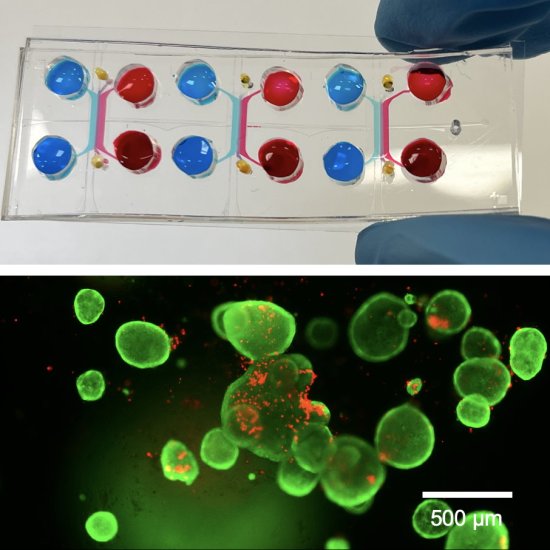 |
News • A closer look at the GI microbiome“Gut-on-a-chip” predicts immunotherapy efficacy against melanomaThe gastrointestinal microbiome holds valuable information that can help predict whether immunotherapy will be successful against melanoma. A new “gut-on-a-chip” is designed to do exactly that. |
 |
News • Research on RAD51 biomarkerNext-generation sequencing for personalizing prostate cancer treatmentCertain gene alterations can serve as a prognostic and predictive biomarker for prostate cancer. Now, researchers confirm the feasibility of using NGS on this marker for precise patient stratification and treatment selection. |
 |
News • PROLIFERATE_AI evaluates RAPIDx AIAI keeps an eye on health AIIt takes one to know one: Researchers have developed an AI-based evaluation tool to assess how well clinical AI tools perform in the hospital. |
 |
News • Potentiator of AMR emergence and expansionDiabetes as a driver of antibiotic resistanceMicrobiologists have just shown that people with diabetes are more likely to develop antibiotic-resistant strains of Staphylococcus aureus, a leading cause of AMR-associated infections and deaths. |
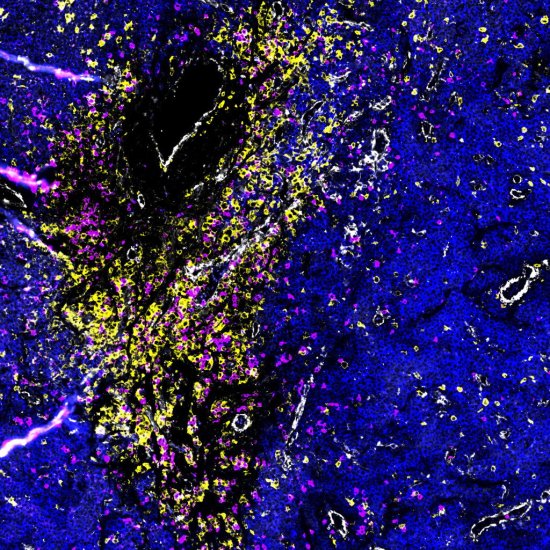 |
News • Alteration of immune responseMultiple myeloma: dangerous diversityWhen multiple myeloma cancer cells break out and multiply outside the bone marrow, a wide variety of tumor cells arise, accompanied by a significantly altered immune response, new research shows. |
ePaper
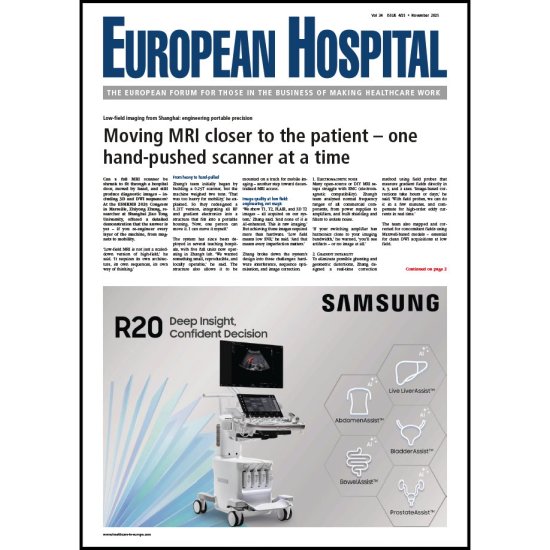 |
Article • Information & insightsEUROPEAN HOSPITAL 4/2025 is out!The latest issue of EUROPEAN HOSPITAL is here! We cover promising applications of mobile MRI, latest developments in breast cancer screening, strategies to protect healthcare institutions from cyberattacks, and more. Click here to read the ePaper. |
You are receiving this email because you subscribed to our newsletter on healthcare-in-europe If you don’t want to receive this newsletter anymore, click here to unsubscribe. Keep up-to-date on the latest news from all hospital-related fields! Copyright © 2026 mgo fachverlage GmbH & Co. KG. E.-C.-Baumann-Straße 5, 95326 Kulmbach, Germany |

